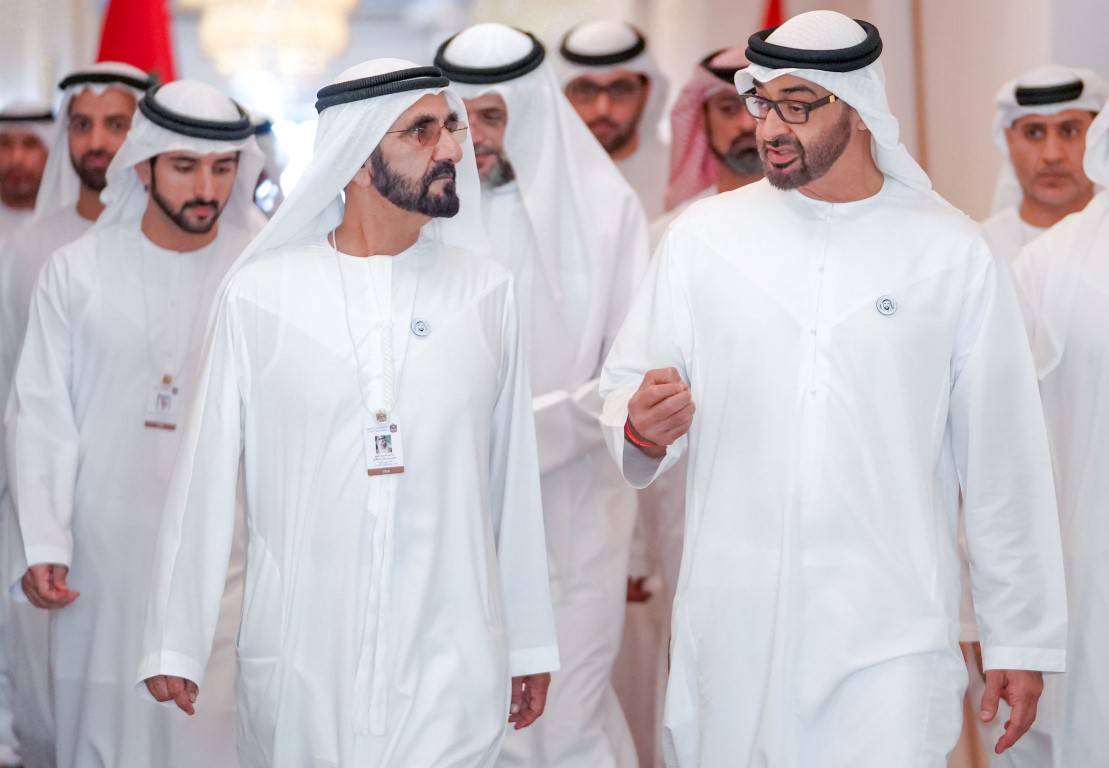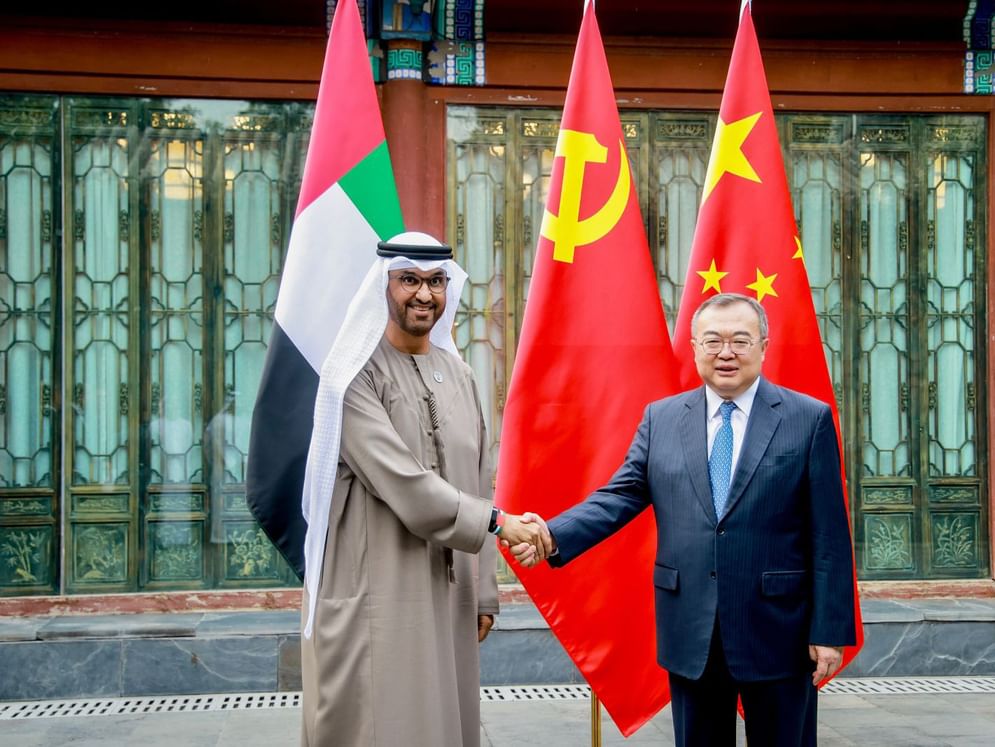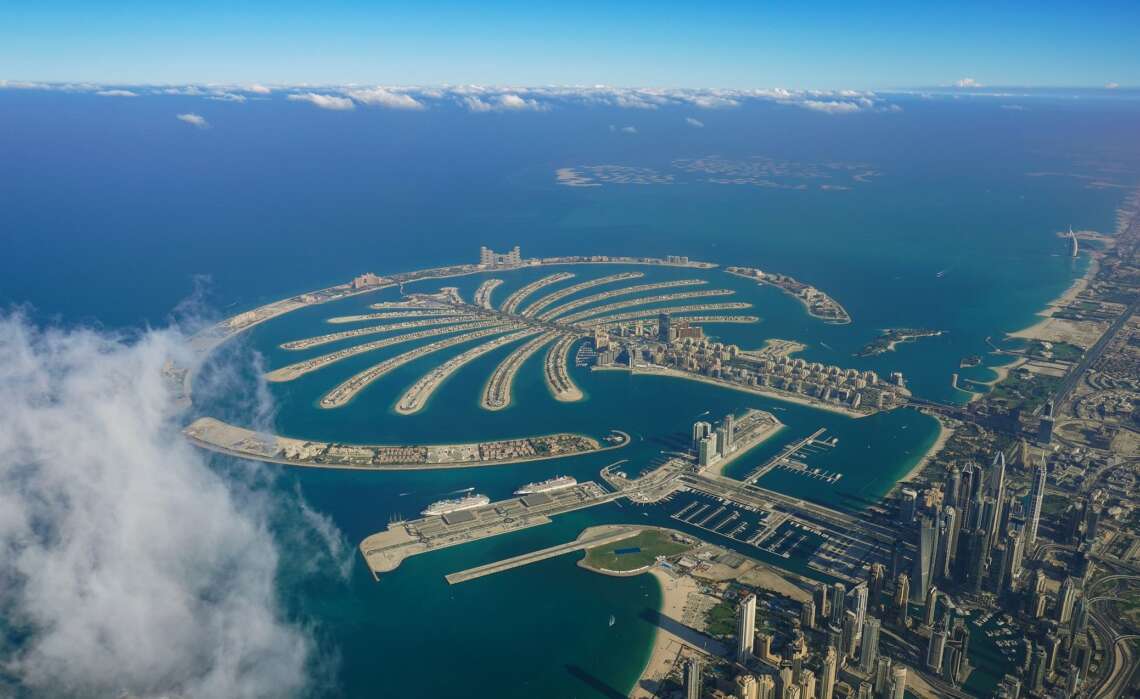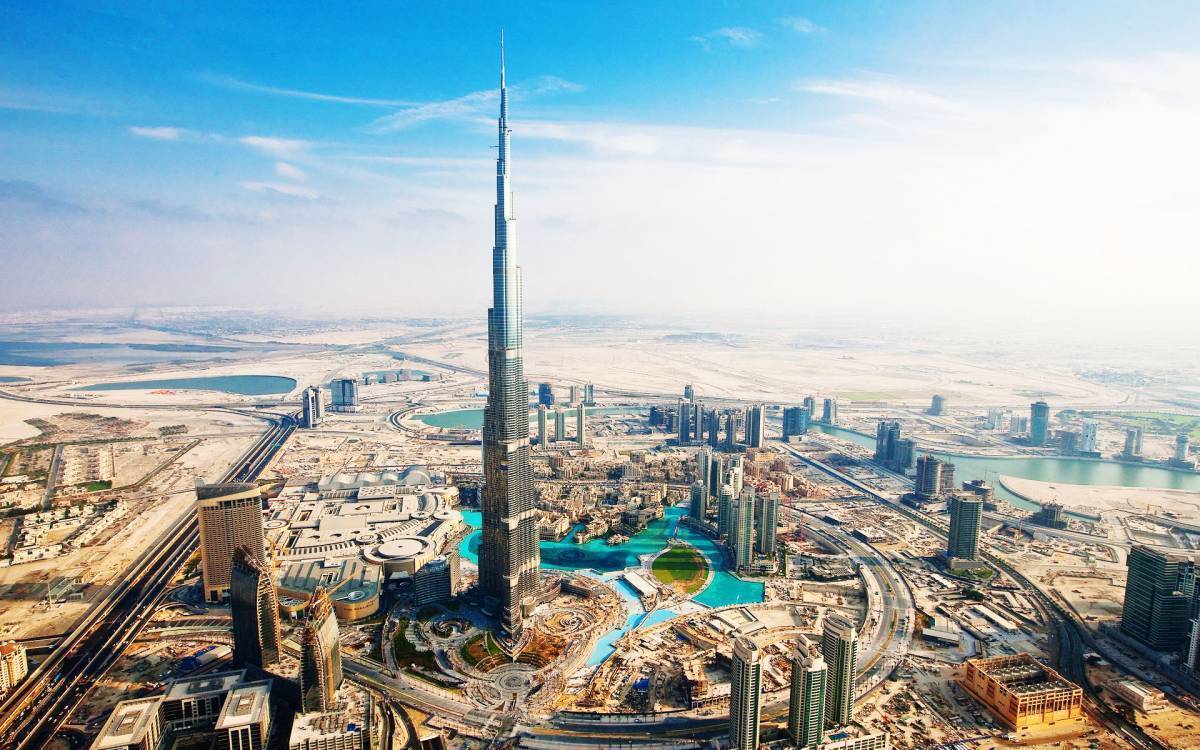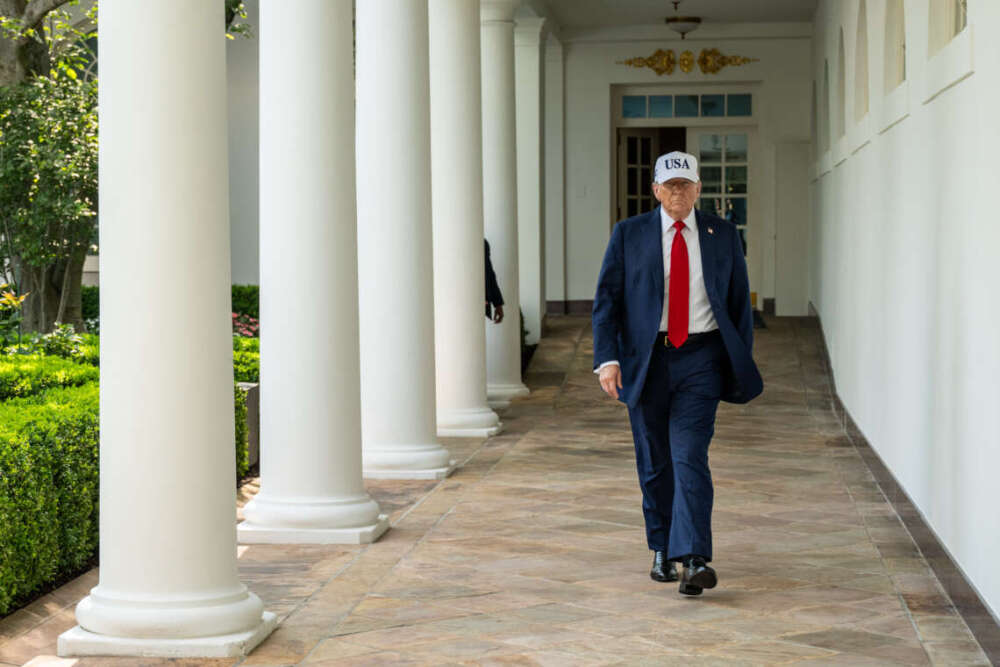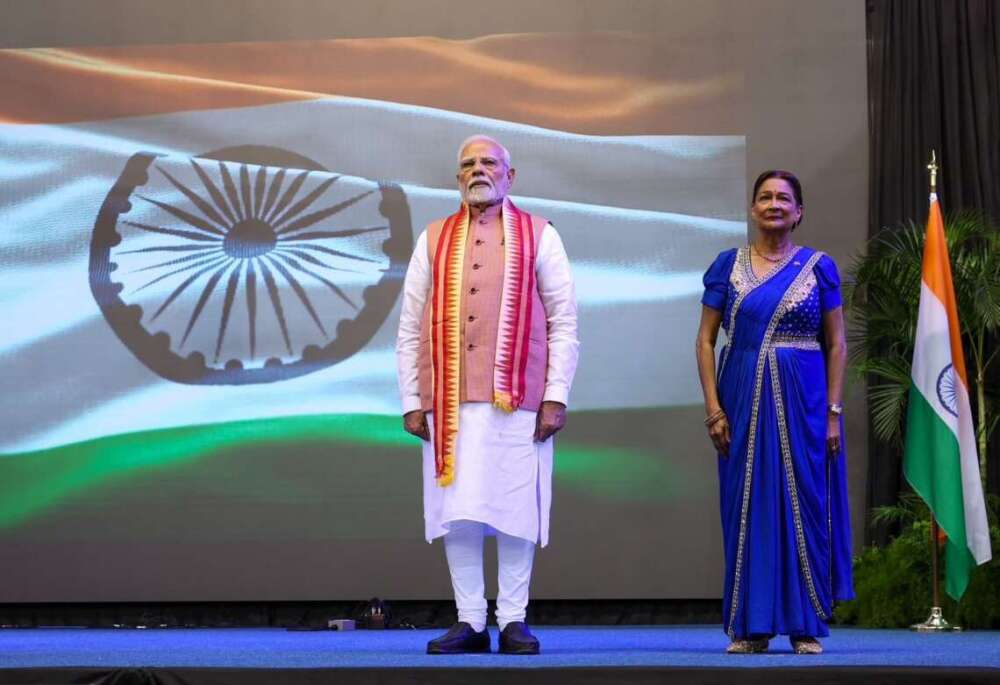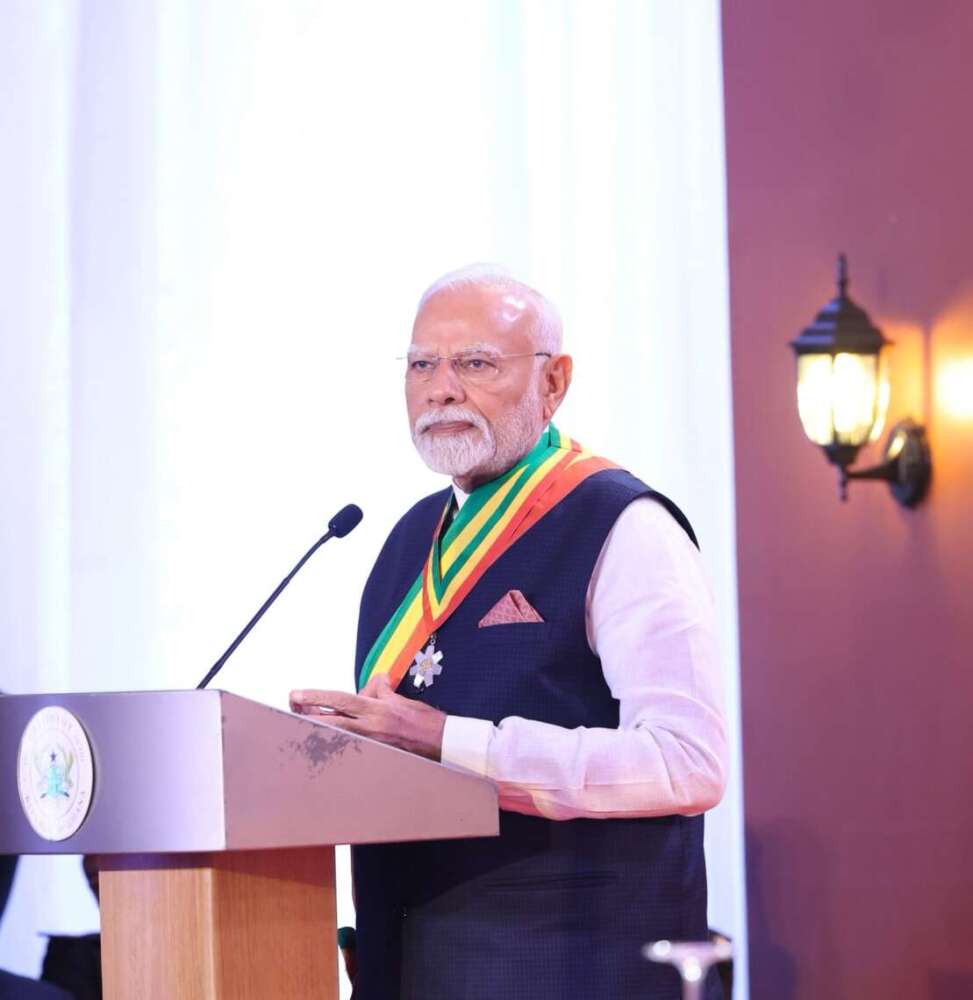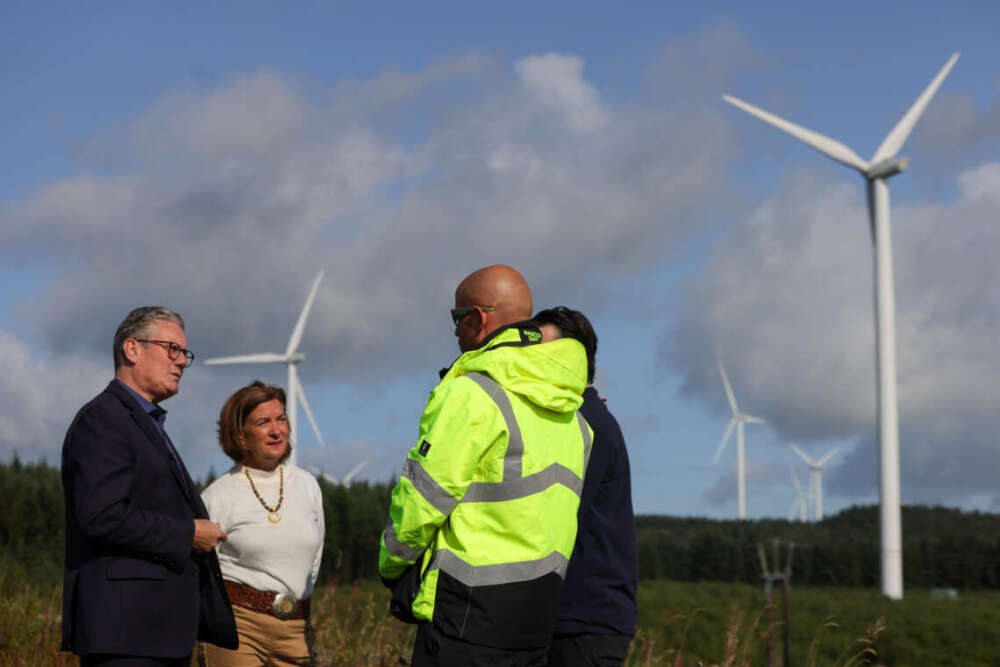The policies focus on accelerating the implementation of the circular economy model in the UAE in four main sectors – manufacturing, food, infrastructure, and transport, reports Asian Lite Newsdesk
As many as 22 policies have been approved by a high-level council to boost the implementation of the circular economy model in the country.
Mariam bint Mohammed Almheiri, Minister of Climate Change and the Environment, presided this year’s second meeting of UAE Circular Economy Council.
The meeting drew the participation of high-level representatives of various government and private sector entities from across the UAE. These included Abdullah bin Touq Al Marri, Minister of Economy; Dr. Thani bin Ahmed Al Zeyoudi, Minister of State for Foreign Trade; Omar bin Sultan Al Olama, Minister of State for Artificial Intelligence, Digital Economy, and Teleworking Applications.
The Council approved 22 policies proposed by its subsidiary, the Circular Economy Policies Committee, that focus on accelerating the implementation of the circular economy model in the UAE in four main sectors – manufacturing, food, infrastructure, and transport.
The Council also identified at least 16 circular economy activities that open a wealth of opportunities for businesses, such as upcycling textile waste into new products, developing automated AI-enabled waste management solutions, and remanufacturing electronic waste.
“With the cabinet’s approval of the UAE Circular Economy Policy in January 2021, we have embarked on an ambitious and important mission to transition from a linear model to a circular economy approach. Our current linear economy consumes valuable materials and resources without being able to benefit from them after use, which represents waste in the modern concept of sustainability. Our approach seeks to protect our environment and to ensure the long-term economic and social prosperity of our country,” Almheiri said.
“Many key stakeholders in the UAE have already started to embrace circular economy principles. We at the Ministry of Climate Change and Environment and at the Ministry of Economy have been engaging with them and others to gain valuable information and insights about ways of facilitating the transition to a circular economy,” she added.
The Minister noted that 45 percent of global greenhouse gas (GHG) emissions result from producing cars, clothes, food, and other products used every day. This demonstrates the great potential that lays in circular economy, which can complement the emission reduction and mitigate the current climate crisis.
For his part, Minister Abdullah Al Marri, who also heads the Council’s Circular Economy Policies Committee, noted that the Committee recently held intensive workshops and meetings with the government and private sectors as well as international partners. The workshops were designed to support the implementation of the UAE Circular Economy Policy in four key sectors – manufacturing, green infrastructure, transportation, and food production and consumption – as well as the 22 new policies issued to drive the UAE’s overall transition to a circular economy.
“These policies will contribute to addressing all challenges the private sector is facing in its shift to a circular economy and support the country’s green development drive. The initiatives align with the directives of our wise leadership to fast-track the country’s transition to a circular economy as one of the sustainability, flexibility, and growth drivers of the new economic model as per the Principles of the 50.
“The Committee continues its efforts to implement the UAE Circular Economy Policy 2021-2031 through programmes and projects that are set to attract investments to this field and expand its infrastructure. Efforts are also being exerted to establish a circular economy database, in addition to offering incentives to encourage the private sector to shift towards clean production methods, thereby enhancing the UAE’s competitiveness as one of the leading circular economies regionally and globally,” he stated.
ALSO READ:UAE, S. Korea join hands to support entrepreneurship, SMEs
After a brief on the progress of current circular economy projects in the UAE and startups’ insights, Anis Nassar from the World Economic Forum (WEF) updated Council members on the Scale360 initiative. The initiative brings together global partners to scale up the use of Fourth Industrial Revolution (4IR) technologies with the aim of fast-tracking the adoption of the circular economy principles.
The meeting agenda also featured an overview of Bee’ah’s efforts to implement a circular economy model in its operations as well as a presentation on the Abu Dhabi Emirate Single Use Plastic Policy that came into force on 1st June, 2022.
Approved in January 2021, the UAE Circular Economy Policy identifies the optimal approach to the country’s transition to a circular economy. Its objectives include building a sustainable economy, promoting efficient use of natural resources, encouraging the private sector to shift to cleaner industrial production methods that involve the use of artificial intelligence (AI) and other 4IR technologies, and adopting sustainable consumption and production patterns that reduce environmental stress while meeting the basic needs of the population.
The UAE Circular Economy Council comprises 17 representatives of relevant federal and local government entities, private sector businesses, and international organisations.


